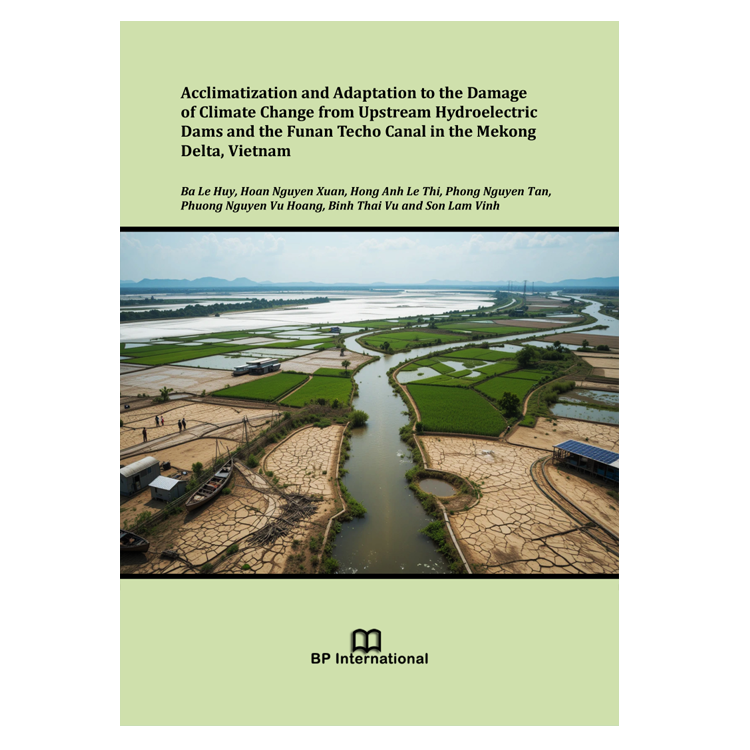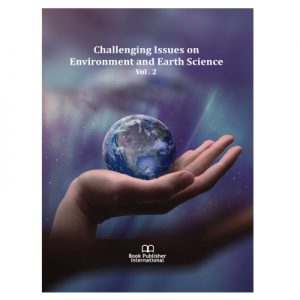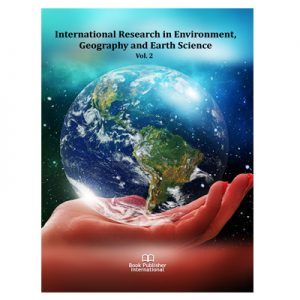The Mekong Delta, including the Southwest Region and part of the coastal East Vietnam, is one of the six most vulnerable regions in the world to the impacts of climate change and sea level rise. Water blockage on the Mekong River mainstream, caused by more than 12 major hydroelectric dams in China and 5 major dams in Laos, has resulted in a shortage of water supplies for downstream agriculture, people, and industry, especially in the Mekong Delta of Vietnam. Global climate change has intensified challenges such as rising sea levels and saline intrusion in Vietnam, which could result in 22 million people being displaced, about one-fifth of the population losing their homes, and 45% of agricultural land in the Mekong Delta being destroyed. Vietnam is expected to be the country most affected by climate change in the Asia-Pacific region. The consistent viewpoint of Vietnamese scientists is to combine hard technology with green technology, handle the situation intelligently, and apply AI and 4.0 technology. The approach involves adopting “4.0-period technology” suitable for prevailing conditions. This includes using renewable materials, such as forest trees, to prevent erosion, constructing eco-lakes, and developing environmentally friendly “soft” infrastructure that harmonizes with nature rather than confronting it. These efforts are crucial to protecting future generations and ensuring a sustainable world.
Acclimatization and Adaptation to the Damage of Climate Change from Upstream Hydroelectric Dams and the Funan Techo Canal in the Mekong Delta, Vietnam
Ba Le Huy
Ho Chi Minh City University of Industry and Trade (HUIT), Vietnam.
Hoan Nguyen Xuan
Ho Chi Minh City University of Industry and Trade (HUIT), Vietnam.
Hong Anh Le Thi
Ho Chi Minh City University of Industry and Trade (HUIT), Vietnam.
Phong Nguyen Tan
Ho Chi Minh City University of Industry and Trade (HUIT), Vietnam.
Phuong Nguyen Vu Hoang
Ho Chi Minh City University of Industry and Trade (HUIT), Vietnam.
Binh Thai Vu
Institute for Environment and Resources, Ho Chi Minh City National University, Vietnam.
Son Lam Vinh
Ho Chi Minh City University of Technology (HUTECH), Vietnam.
Book Details
| Author(s) | Ba Le Huy |
|---|---|
| Pages | 617 |
| Publisher | BP International |
| Language | English |
| ISBN-13 (15) | 978-93-49729-57-5 (Print) |
| Published | April 04, 2025 |





